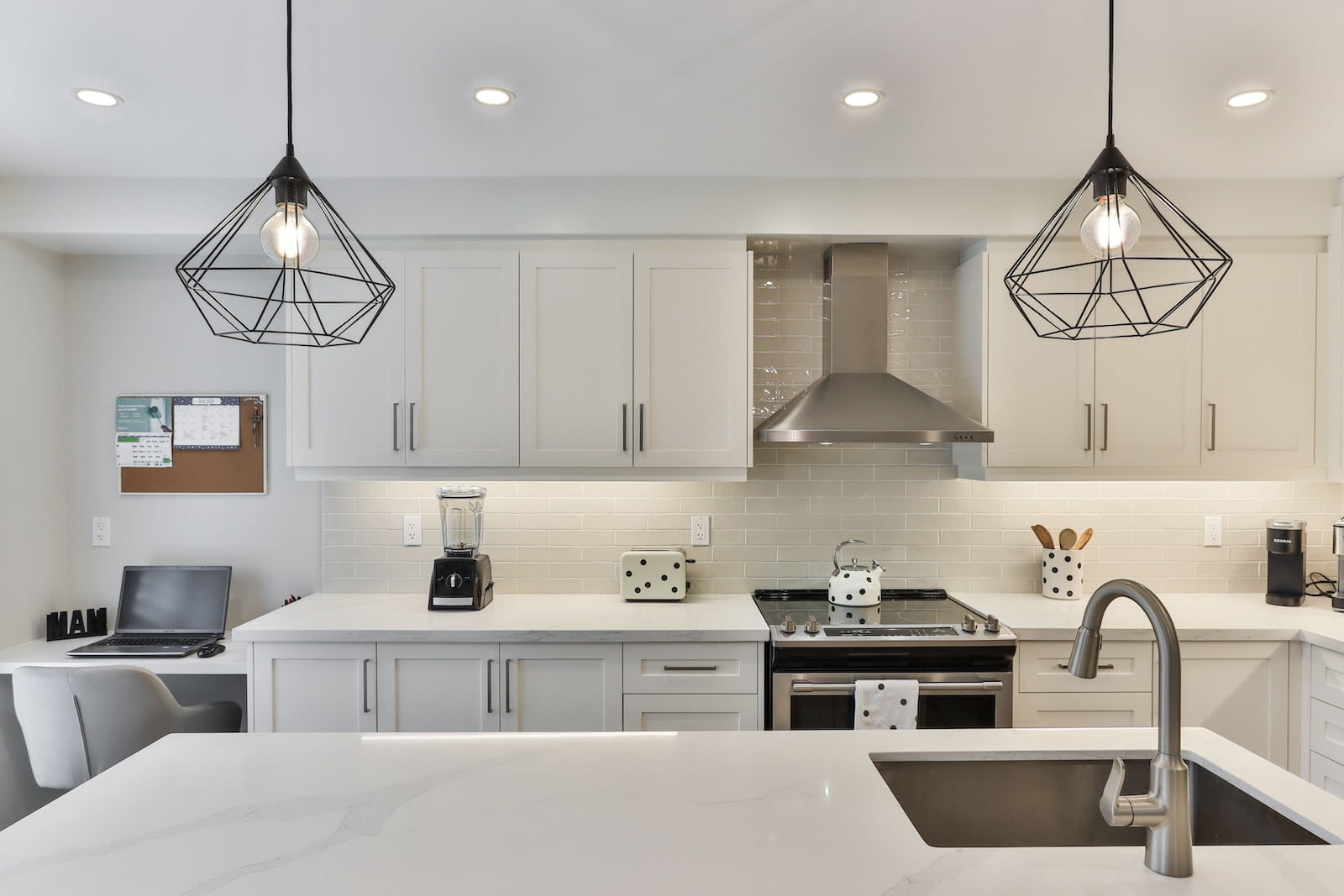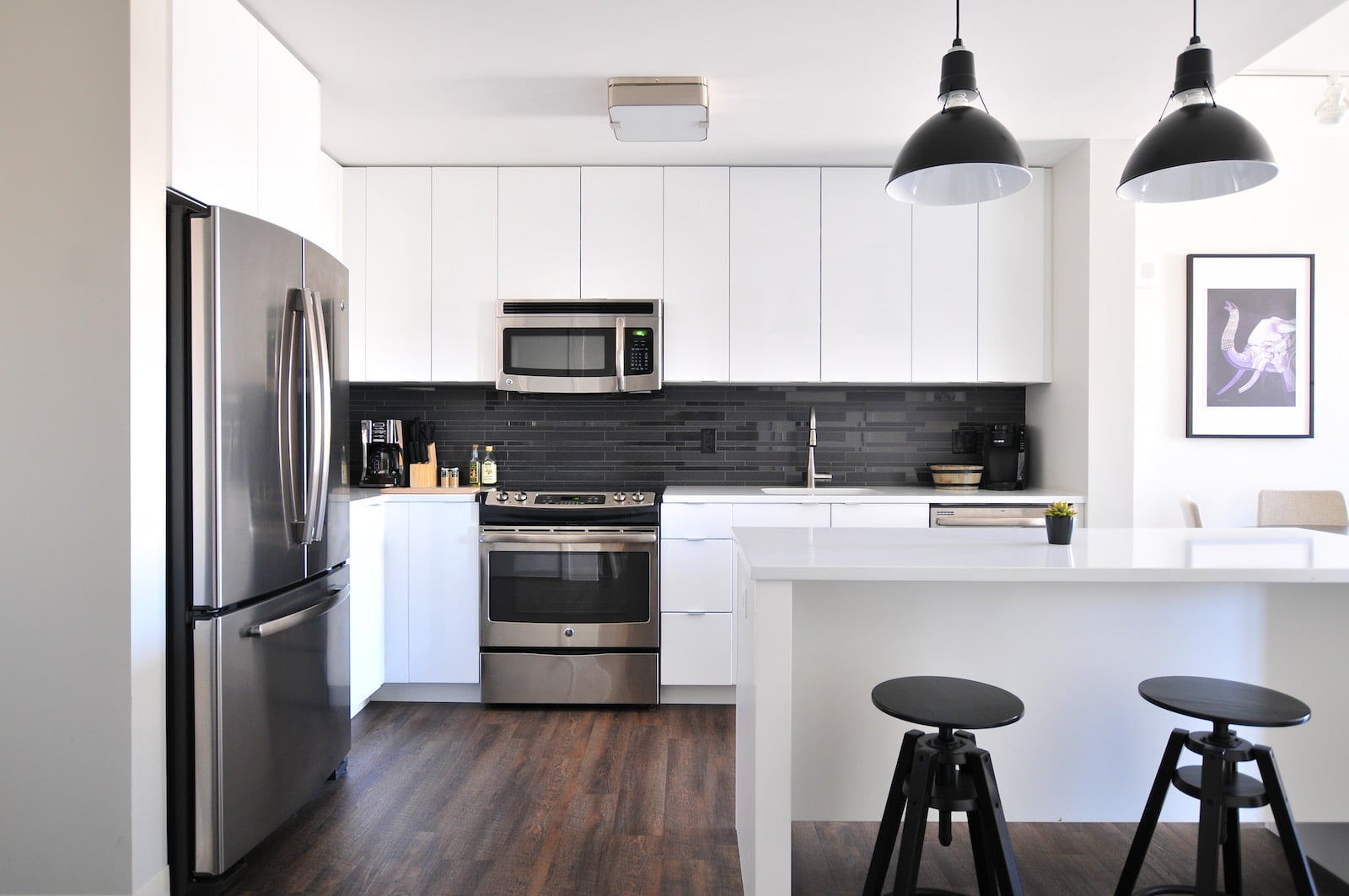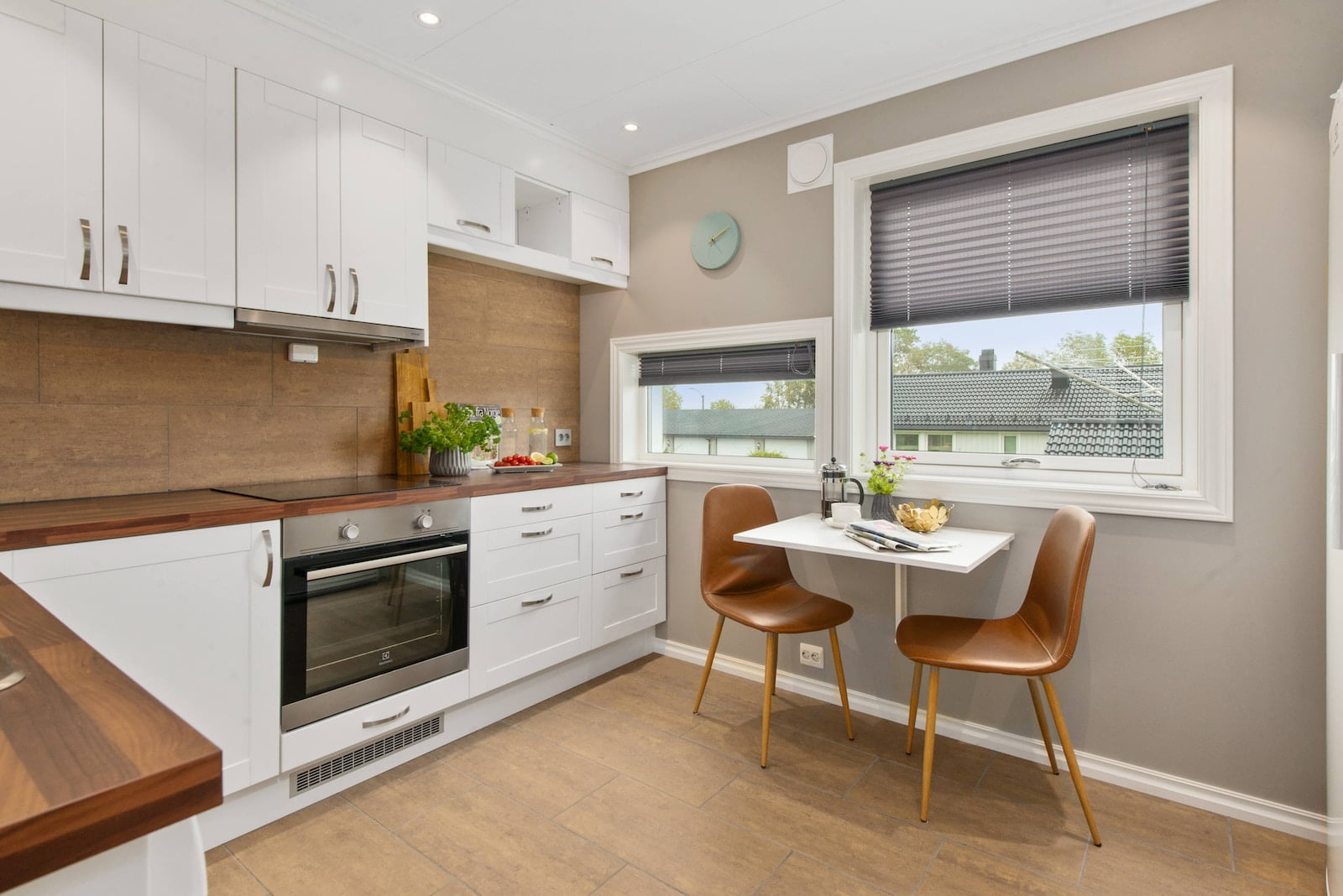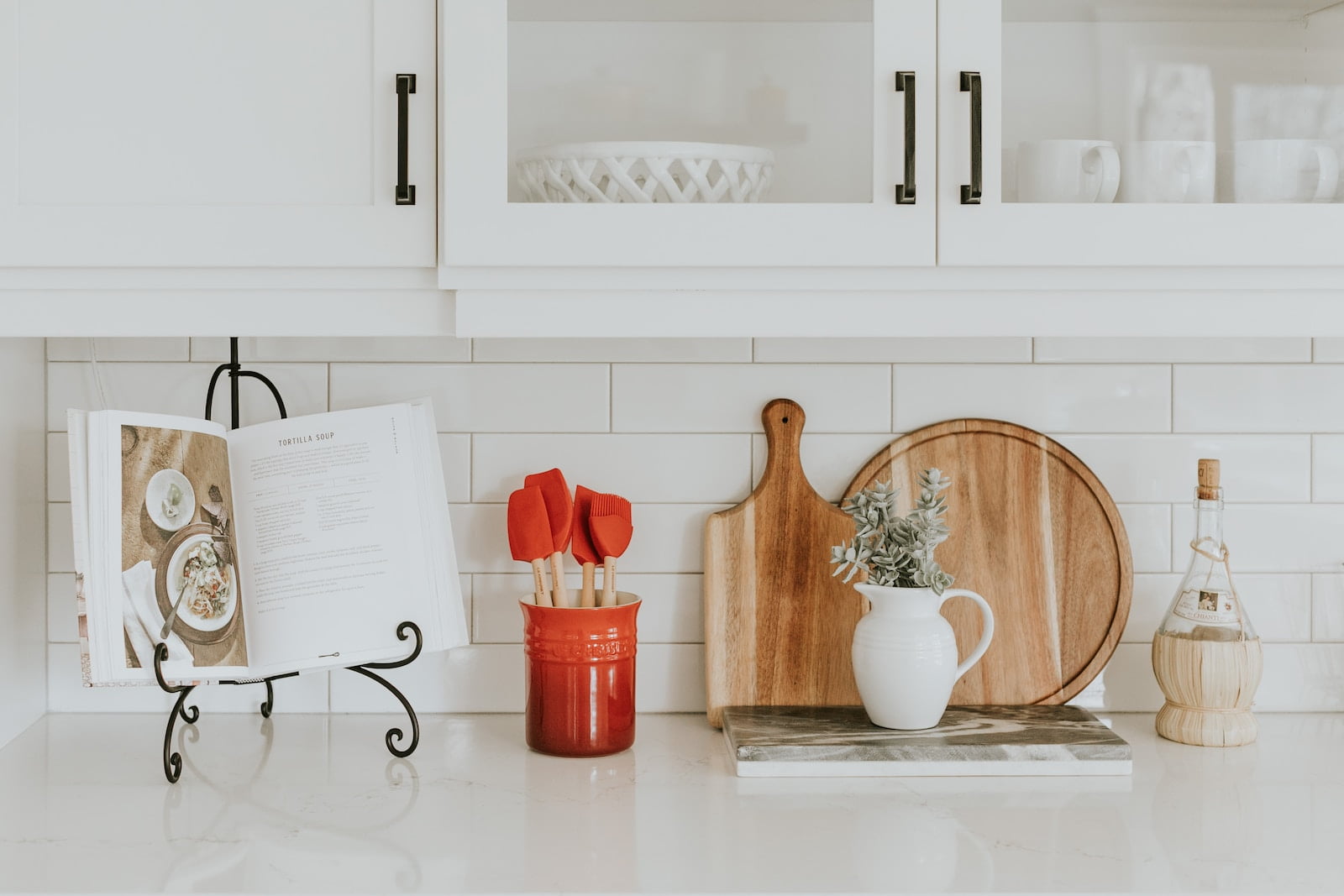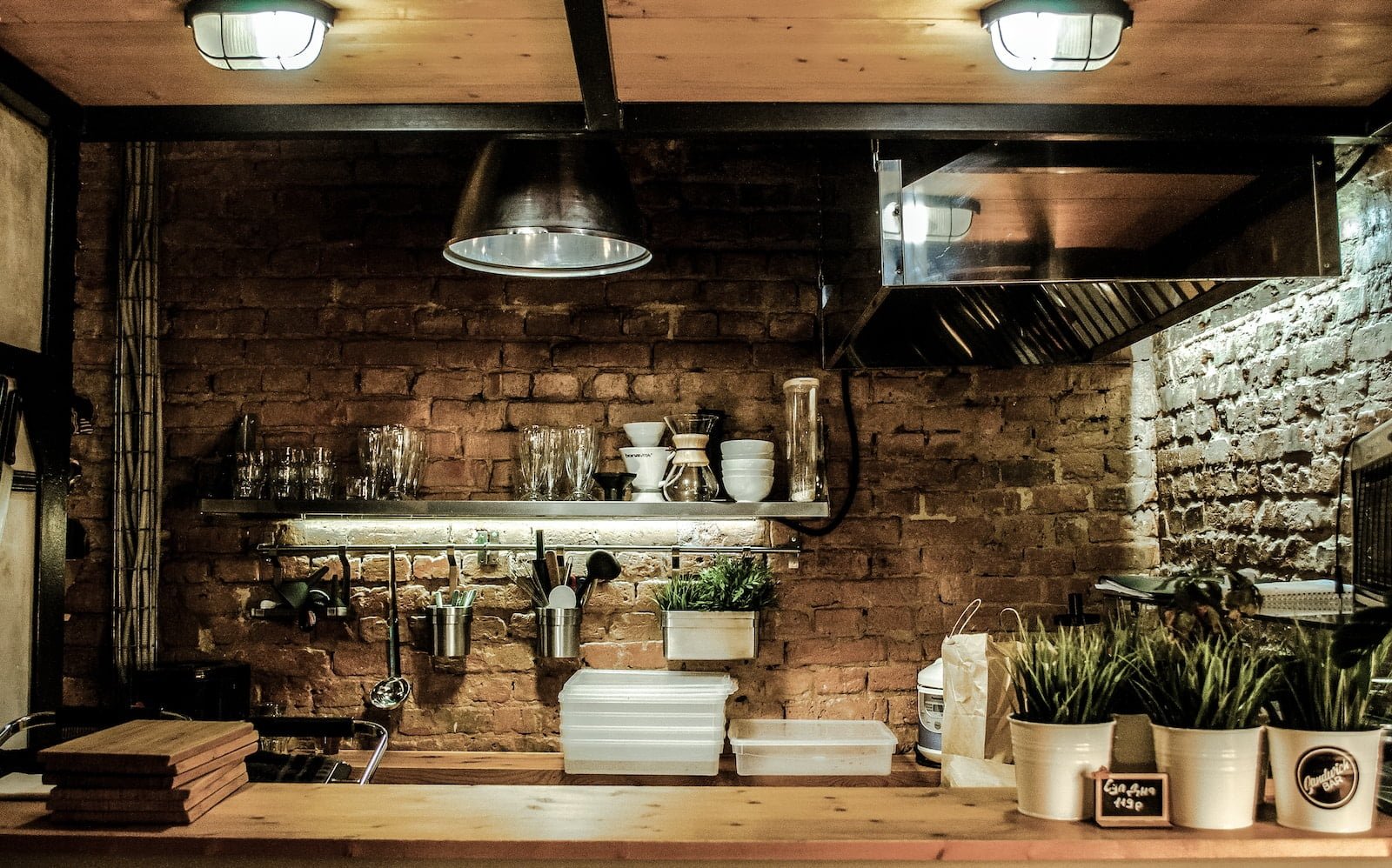Transform Your Kitchen with These Easy-to-Follow Renovation Guidelines
Are you tired of your outdated kitchen? Do you dream of a modern and functional space where you can cook, entertain, and spend time with your family? If so, it may be time to consider kitchen remodeling. In this article, we will explore why kitchen remodeling is a smart investment and how to get started. If you’re wondering how to remodel your kitchen step by step, keep reading for helpful tips and advice.
First and foremost, kitchen remodeling can add significant value to your home. According to Remodeling Magazine’s Cost vs. Value report, a minor kitchen remodel can recoup up to 81% of its cost in resale value. This means that not only will you get to enjoy a beautiful and functional kitchen, but you’ll also be making a smart financial decision. Additionally, a well-designed kitchen can improve your quality of life by making cooking and entertaining easier and more enjoyable.
Now that you understand the benefits of kitchen remodeling, let’s discuss how to get started. The first step is to determine your budget and priorities. Do you want to completely gut your kitchen and start from scratch, or would you prefer to make smaller updates such as replacing countertops and cabinets? Once you have a clear idea of your goals, it’s important to find a reputable contractor who can guide you through the process and ensure that your vision becomes a reality.
Budgeting for Your Kitchen Remodel
Before you start planning your kitchen remodel, it’s important to determine your budget. This will help you make decisions about the design and materials you can afford. Start by making a list of all the changes you want to make in your kitchen, including new appliances, cabinets, countertops, flooring, and lighting. Once you have a clear idea of what you want, research the costs of each item and add them up. Don’t forget to factor in the cost of labor and any unexpected expenses that may arise.
Designing Your Kitchen Remodel
Once you have a budget in mind, it’s time to start designing your kitchen remodel. Consider the layout of your kitchen and how you can make it more functional. Do you need more counter space? Would an island or a breakfast bar be useful? Think about the style you want for your kitchen and choose materials that fit your vision. Don’t be afraid to get creative with your design, but keep in mind that practicality is just as important as aesthetics. Work with a professional designer if necessary to ensure that your design is both beautiful and functional.
Choosing Materials for Your Kitchen Remodel
Choosing the right materials for your kitchen remodel is crucial to achieving the look and feel you want. Consider the durability, maintenance, and cost of each material before making a decision. For example, granite countertops are durable and easy to clean, but they can be expensive. Laminate countertops are affordable and come in a variety of colors and patterns, but they are not as durable as granite. When choosing materials for your cabinets, flooring, and lighting, consider how they will complement each other and create a cohesive look. Don’t be afraid to mix and match materials to create a unique and personalized look for your kitchen.
Step-by-Step Guide to Demolition and Removal of Old Kitchen Features
Once you have made the decision to demolish and remove old kitchen features, it is important to follow a step-by-step guide to ensure the process is done safely and efficiently. Firstly, start by turning off all electrical and plumbing fixtures connected to the features to be removed. This will prevent any accidents or damage during the demolition process.
Next, remove any cabinets, countertops, and appliances that you want to keep. These items can be reused or sold, and removing them beforehand will make the demolition process easier. Once this is done, use a sledgehammer or crowbar to break down any remaining structures. Be sure to wear protective gear, such as gloves and goggles, to prevent injury from flying debris.
After the demolition is complete, it’s important to properly dispose of the debris. This can be done by renting a dumpster or hiring a professional removal service. Lastly, clean the area thoroughly to ensure there are no hazardous materials or debris left behind. Following these steps will ensure a successful demolition and removal of old kitchen features.
Installing New Cabinets, Countertops, and Appliances: How to Do It Yourself
If you’re looking to update your kitchen, installing new cabinets, countertops, and appliances can give it a whole new look. Doing it yourself can save you money, but it’s important to have a plan and the right tools before you get started. First, measure your space and choose cabinets and countertops that fit your needs and style. Make sure to level and secure your cabinets properly, and use a level to ensure your countertops are even. When it comes to appliances, make sure to follow the manufacturer’s instructions and hire a professional if you’re not comfortable with electrical or plumbing work. With a little bit of planning and effort, you can have a beautiful new kitchen that you installed yourself.
Finishing Touches and Final Tips for a Successful Kitchen Remodel
Now that your kitchen remodel is nearing completion, it’s time to focus on the finishing touches that will make your space truly shine. Adding decorative elements like artwork, plants, and stylish accessories can bring a personal touch to your new kitchen. Don’t forget to install proper lighting to highlight your new features and create a warm and inviting atmosphere. Under-cabinet lighting can also be a practical addition, providing task lighting for meal prep and cooking.
As you put the final touches on your kitchen remodel, it’s important to remember some final tips to ensure a successful project. Make sure all appliances and fixtures are functioning properly and have been installed correctly. Check for any loose screws or unfinished details that may need attention. Take the time to thoroughly clean your new space before moving in your kitchenware and other items. Finally, be sure to keep all warranties and manuals organized in case any issues arise in the future.
By following these finishing touches and final tips, your kitchen remodel will be a success that you can enjoy for years to come.
